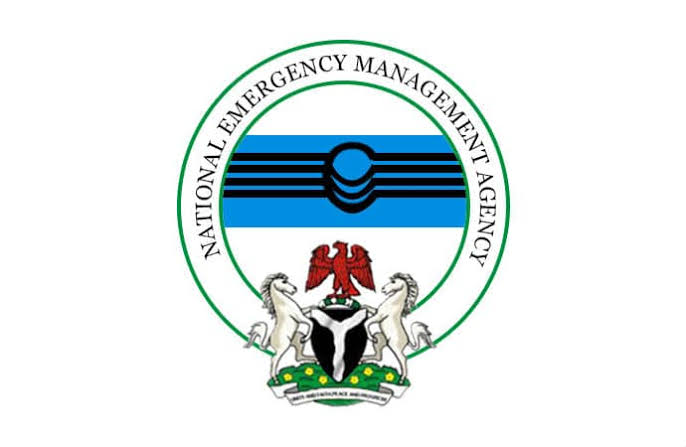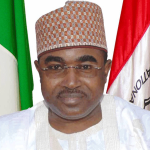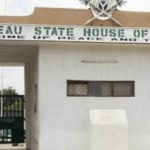The National Emergency Management Agency (NEMA) has urged media professionals to assist in identifying causative factors that could trigger disaster for critical stakeholders to leverage on and prevent its occurrence.
Mr Simisaye Azeez, the Principal Search and Rescue Officer of NEMA in Ekiti, made the plea at one-day training on Disaster Management for Journalists in Ekiti.
Azeez, who spoke on: “The Role of Media in Disaster Management”, said the media should also be actively involved in disaster preparedness phase to assist the agency.
According to him, reporting on disaster prevention, occurrence and management would keep people informed to take precautionary measures.
He described disaster management as series of coordinated actions to forestall or minimise disaster.
Azeez listed other critical segments for media disaster intervention as analysis of risk sources and patterns, early disaster warning, preparedness information as well as emergence peoples participation.
“During disaster occurrence, the media must be able to inform the public with timely and factual information on such disaster.
“The media must also be up-to-date in informing the public on actions being taking by authorities and aid groups.
“They must also facilitate communication among the affected people and their relatives and families.
“After disaster has occured, the media must also be able to enlighten the public about recovery, rehabilitation and reconstruction plans and other related activities.
“It must also be able to informed the public about the causes that trigger disaster along with verified facts,” the NEMA official said.
Azeez also advocated intensive training for media professionals on first aid administration as well as critical rescue operation.
He said that as critical stakeholders, the media could go extra mile to safe lives and property when disaster occurred.
“Media professionals should be sure of their safety first as part of the rules of engagement in disaster management, because in most occasions they are always the first caller at the scenes of disaster.
“In that regard, training journalists on application of first aid to disaster victims as well as participation in critical rescue operation would save lives of victims when disaster strikes,” he said.
Azeez added that having insurance cover for businesses and property for effective risk transfer mechanism, would help in strengthening disaster management process.
Commenting on poor management of disaster situation, the Head of NEMA Operation Office in Ekiti, Mr Olusegun Afolayan, said the agency had been doing its best to respond to disaster in the state and the country at large.
Afolayan appealed to the media to always be cautious in reeling out data, especially as regards casualty when disaster occurred.
“It is worthy to note that releasing information about a disaster is not a bad idea, but we have to think about the effect of such on the public.
“Let me say that news about disaster shouldn’t be assertive, it shouldn’t be written in such a way that would create fear.
“All the media houses should quote figures they can ascertain in order not to exacerbate the problem, because conflicting figures can create confusion,” he said.
(NAN)






